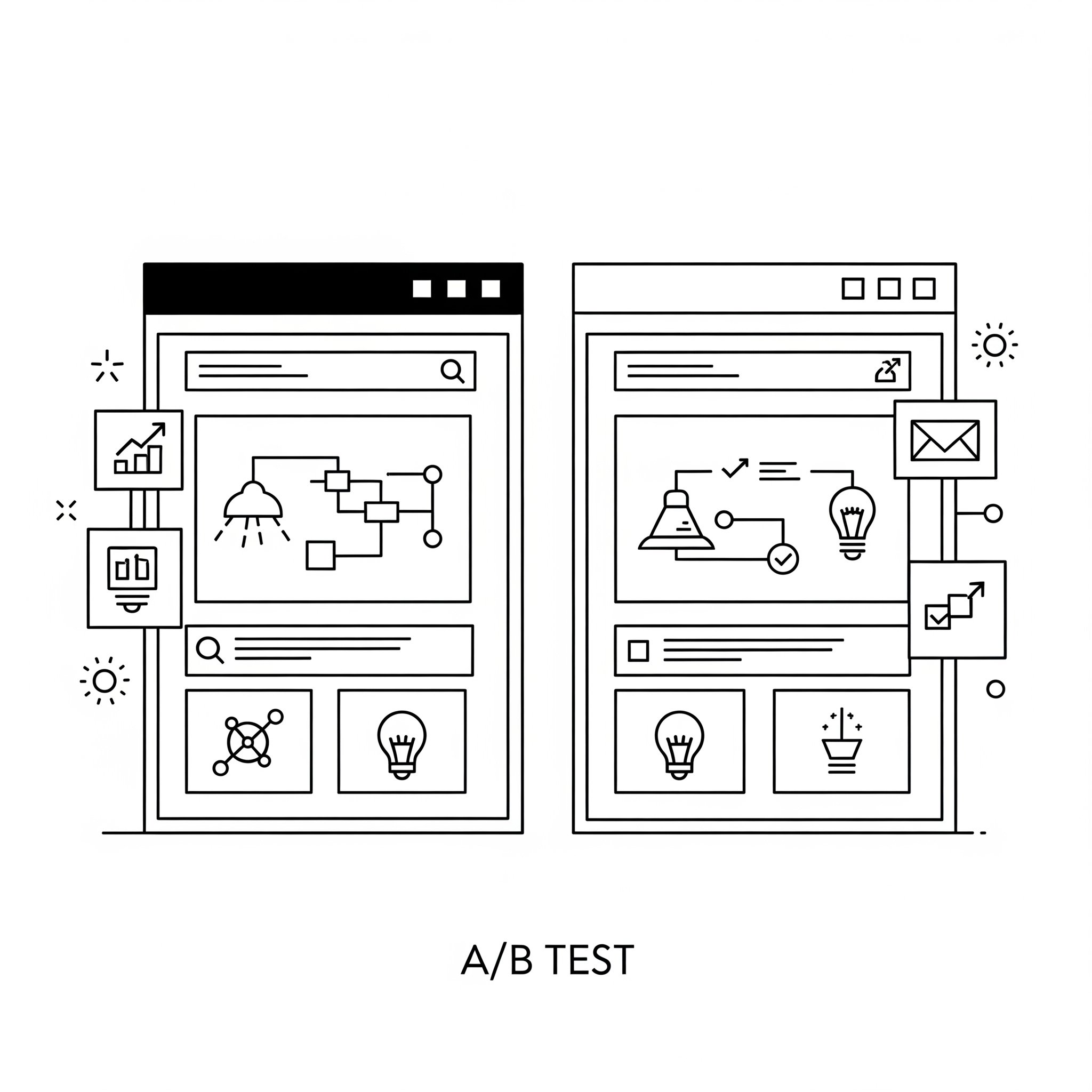B2B e-commerce strategy: The key to successful business-to-business sales
In the world of e-commerce, there are many subtle but important differences between B2B and B2C e-commerce. Although B2B e-commerce is beginning to look more and more like the B2C model, it still has its own characteristics and requires a customized approach. An effective B2B e-commerce strategy not only enables business-to-business online sales, but also supports the building of lasting customer relationships, increasing customer satisfaction and loyalty. In this article, we outline the key differences and success strategies that help companies achieve a competitive advantage in the online channel.
Table of Contents:
What is B2B e-commerce and how does it differ from the B2C model?
B2B (business to business) e-commerce is an online sales model in which the participants in business transactions are companies. Unlike B2C (business to consumer), where a company sells products or services directly to consumers, B2B sales are characterized by more complex decision-making processes and higher transaction value.
Key differences include:
Purchasing decisions - in B2B are often made by many people in the organizational structure.
Relationships with customers - in the B2B model are usually long-term and collaborative.
Sales channels - require integration with ERP systems and individual business terms.
Communication - is more professional in nature, focused on business needs.
Understanding these differences can help you carry out your marketing and sales efforts more effectively, better understand your customers' needs and tailor your offerings to meet the expectations of different audiences.
What business goals does the B2B e-commerce strategy achieve?
The right e-commerce strategy enables the achievement of many business goals, both short-term and long-term. In the context of B2B sales, the strategy should be based on an analysis of the specific industry, customer profile and growth potential.
The main goals of the B2B e-commerce strategy are:
Increase sales - by optimizing the purchasing process and better matching the offer to customers' needs.
Automation - reducing manual processing of orders and invoices, which reduces operating costs.
Adapting communications - to different customer segments and stages of their purchase path.
Building a competitive advantage - by implementing advanced B2B platform features and personalizing offerings.
Increase customer satisfaction - through price transparency, availability of product information and prompt customer service.
A B2B e-commerce strategy should support marketing and sales efforts by integrating various sales channels and analytical tools.
Key elements of a successful B2B online sales strategy
A successful B2B sales strategy requires a cohesive approach that combines operational, technological and marketing aspects. It includes not only activities to launch a B2B store, but also the development of offerings and customer service.
Key elements include:
B2B customer segmentation - different customer groups have different purchasing needs and expectations for building a relationship with a supplier.
Personalization of the offer - tailoring prices, discounts and products to a specific customer or group of customers.
Product catalog management - with individual technical parameters and specifications.
Customer service - professional pre- and post-purchase support, including chats, phone contact and automated help systems.
Purchasing process - simplified and transparent, allowing quick ordering, including through a search engine or importing data from files.
Before you start implementation, it's a good idea to prepare an action plan and set strategic goals that will lay the foundation for further decisions.
How does technology and a B2B platform support sales and marketing?
A B2B platform is one of the most important elements of an e-commerce strategy. Choosing the right e-commerce platform has a direct impact on a company's growth opportunities and the scalability of its online business.
Technology in B2B e-commerce should support:
Integration with ERP and CRM systems - this makes it easier to manage orders, customers and product data.
Marketing and sales automation - through the use of email marketing, remarketing or lead nurturing tools.
Data security and privacy - especially important when processing corporate data.
SEO and UX optimization - affecting visibility in search results and the shopping experience.
User account management - including roles, credit limits and transaction history.
The right technology helps B2B companies sell effectively online and compete effectively in a dynamic market.
B2B e-commerce marketing strategies - what works?
B2B e-commerce marketing differs from B2C activities because it focuses on decisions based on needs analysis and long-term collaboration. The marketing strategy should be focused on customer acquisition, relationship building and education.
The most commonly used marketing strategies are:
Content marketing - providing valuable educational content, such as tutorials, whitepapers or case studies.
SEO - optimize content for industry and technical phrases to attract potential customers to the site.
Ad campaigns - such as Google Ads targeting specific industries and decision-making positions.
Social media - presence on social media platforms used to enhance the company's expert image.
E-mail marketing - follow-up campaigns and newsletters tailored to the customer's buying cycle.
B2B e-commerce marketing requires entrepreneurs to take a thoughtful approach and use analytical tools to monitor the effectiveness of marketing efforts.
How to increase efficiency in B2B e-commerce?
The effectiveness of B2B operations depends on the company's ability to continuously monitor performance and implement improvements. This means systematically analyzing data, optimizing the purchasing process and adapting strategies to changing market conditions.
Efficiency measures:
Analysis of purchase and sales data - identifying weak points in the sales funnel.
Shopping cart optimization - simplifying the ordering process and increasing the conversion rate.
Better management of product offerings and availability - automatic inventory updates.
Adapt marketing campaigns - to seasonality and current industry trends.
Implement A/B testing - for product pages and purchasing processes to maximize sales results.
The long-term relationships that B2B companies build with their customers mean that they need to constantly improve both their offerings and their sales process.
B2B e-commerce strategy - summary
B2B e-commerce is not just a sales channel, but more importantly a complex business strategy based on technology, marketing and customer relations. The key to success is to understand the important differences between B2B and B2C e-commerce and to adapt the strategy to the specifics of one's business. Companies that invest in B2B platform development, process automation and marketing efforts are able to increase sales, improve customer satisfaction and build lasting relationships with their customers.
If you are planning to develop B2B sales in the online channel, contact us - a free consultation will help tailor an e-commerce strategy to your company's needs.
Do you have an idea, a ready-made specification, or a business need?
Make an appointment for a free consultation.




